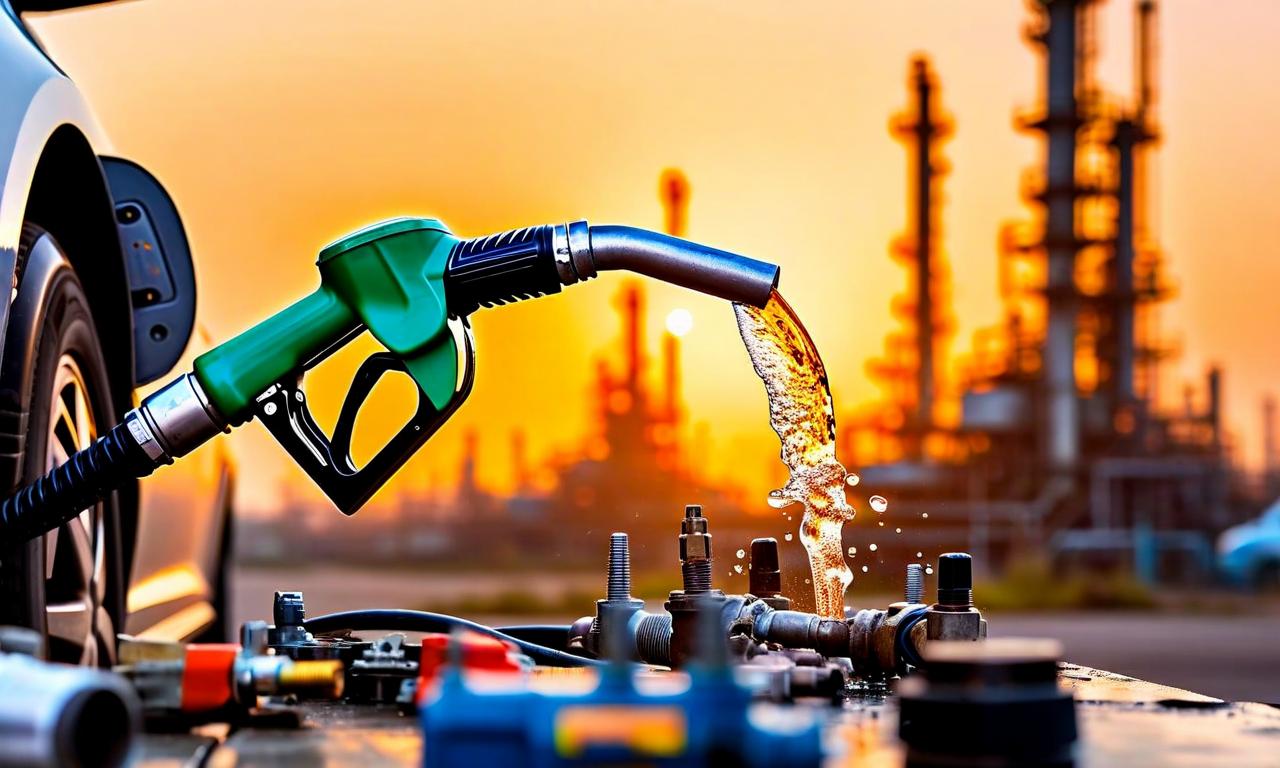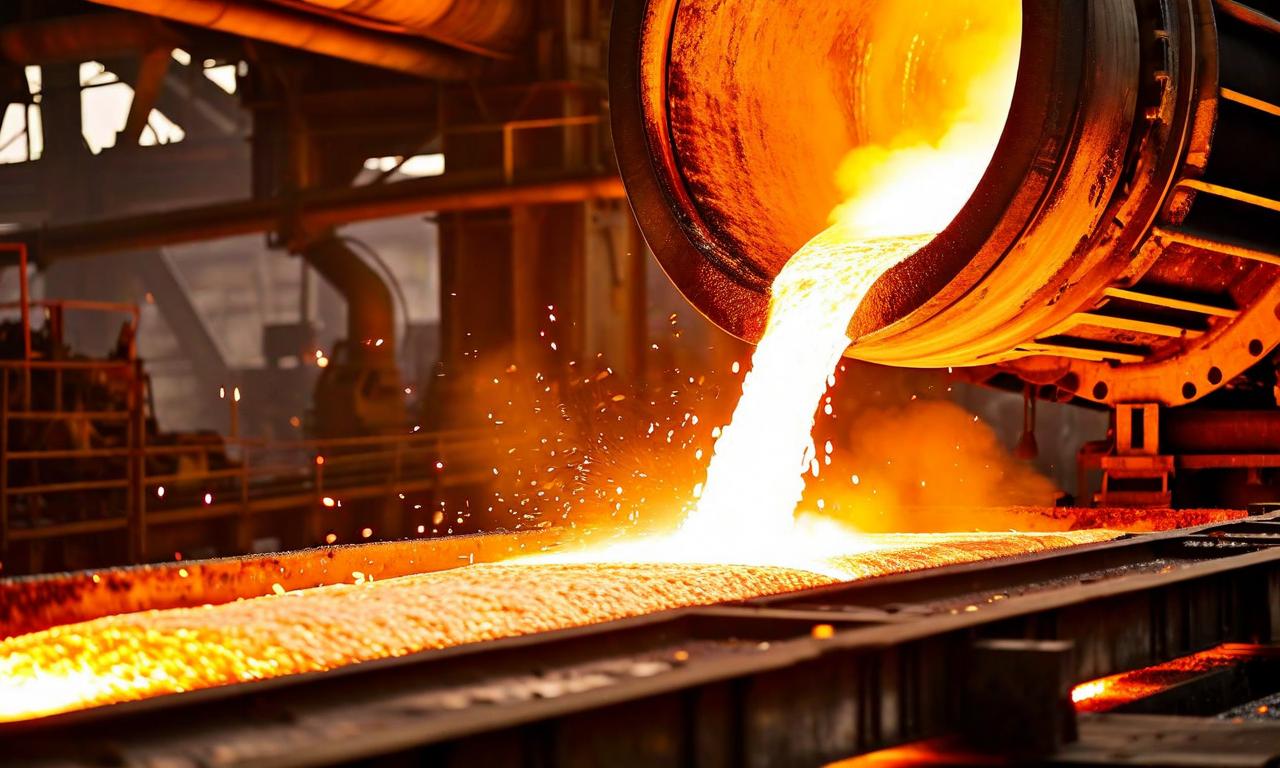E20 Fuel Implementation: Experts Warn of Potential 2-5% Drop in Vehicle Efficiency
The automotive industry is discussing the upcoming implementation of 20% ethanol-blended petrol (E20) and its potential impact. Experts warn of a 2-5% decrease in fuel efficiency, while the Oil Ministry estimates a 1-2% reduction for E20-calibrated vehicles and 3-6% for others. Concerns have been raised about potential damage to older vehicles not designed for E20 use. Some manufacturers, like Tata Motors, confirm E20 compliance, while others remain silent. The government's ethanol-blending program aims to reduce emissions, decrease oil imports, and increase farmer income.

*this image is generated using AI for illustrative purposes only.
The automotive industry is buzzing with discussions about the impending implementation of 20% ethanol-blended petrol (E20) and its potential impact on vehicle performance. Industry experts have raised concerns about fuel efficiency and long-term effects on vehicles, while government officials offer a more optimistic outlook.
Efficiency Concerns
Automotive experts suggest that the introduction of E20 fuel could lead to a decrease in fuel efficiency ranging from 2% to 5%, depending on the vehicle type. This reduction is attributed to the lower calorific value of ethanol compared to petrol. The Oil Ministry, however, disputes claims of significant efficiency losses, stating that the decrease is marginal.
Government Estimates
According to the Oil Ministry, the estimated mileage reduction varies based on vehicle specifications:
| Vehicle Type | Mileage Reduction |
|---|---|
| Four-wheelers designed for E10 and calibrated for E20 | 1-2% |
| Other vehicles | 3-6% |
Potential Risks for Older Vehicles
Industry engineers have raised concerns about the potential long-term effects of E20 fuel on older vehicles not specifically designed for its use. They warn of possible damage to:
- Gaskets
- Fuel hoses
- Pipes
These components in older vehicles may be susceptible to degradation when exposed to the higher ethanol content in E20 fuel.
Manufacturer Responses
While some major automakers like Maruti Suzuki and Hyundai have declined to comment on the issue, Tata Motors has confirmed that its vehicles are E20 compliant. The Oil Ministry notes that some manufacturers have been producing E20-compatible vehicles since 2009, indicating a gradual shift towards accommodating higher ethanol blends in the automotive industry.
Government's Ethanol Blending Program
The push for E20 fuel is part of the government's broader ethanol-blending program, which aims to achieve multiple objectives:
- Reduce vehicle emissions
- Decrease dependence on crude oil imports
- Increase farmer income through ethanol production from sugarcane and maize
Looking Ahead
As the automotive sector prepares for the transition to E20 fuel, stakeholders will need to balance the environmental and economic benefits with the potential challenges faced by vehicle owners. The coming months will likely see increased discussions between the government, automakers, and consumers to address concerns and ensure a smooth implementation of the E20 fuel program.
While the debate continues, it's clear that the move towards higher ethanol blends will have far-reaching implications for the automotive industry, environment, and economy at large.
























